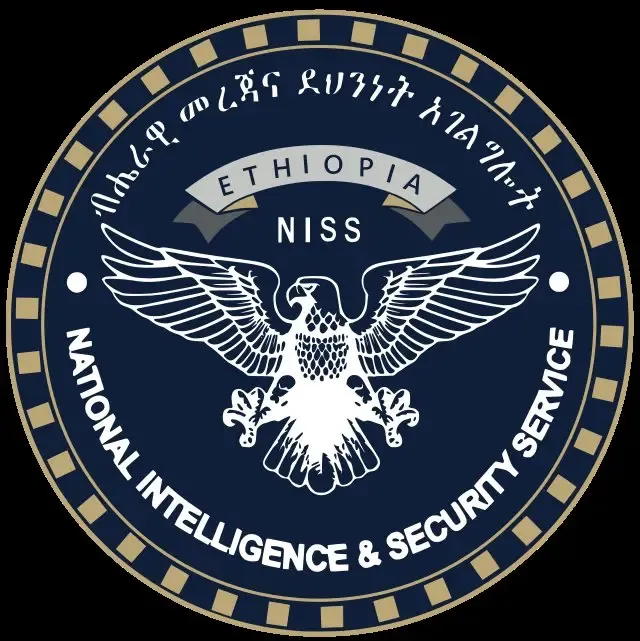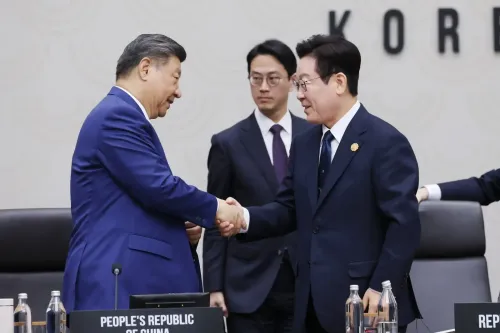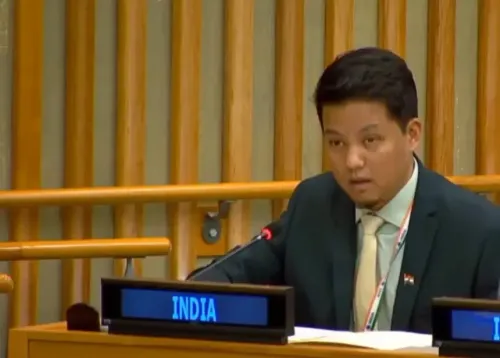Ethiopia and Djibouti Unite Against Border Threats

Addis Ababa, Dec 24 (NationPress) The security agencies of Ethiopia and Djibouti have reached a consensus to create a joint task force focused on combating anti-peace elements operating in their border regions.
The agreement, which was formalized by Ethiopia's National Intelligence and Security Service (NISS) and Djibouti's Security Documentation Service, aims to eliminate these anti-peace forces threatening stability in the area, according to a statement issued by the NISS on Monday.
This collaboration was initiated following a meeting between NISS Director General Redwan Hussien and a visiting team from Djibouti's Security Documentation Service, led by Director Hassen Seid, where they discussed various pressing security issues.
As a result of their discussions, both parties decided to enhance their cooperation in areas such as security, intelligence, and other related sectors, as reported by Xinhua news agency.
Additionally, they committed to fortifying their partnership to combat cross-border crimes, particularly human trafficking, arms smuggling, and the issue of illegal immigration.
The NISS also mentioned that talks were held regarding security challenges related to Ethiopia's trade activities through the port of Djibouti.
Recently, security experts from across the continent gathered in Nairobi, Kenya, to address the increasing spread of small arms and light weapons in Africa.
This forum included representatives from the 15 member states of the Regional Centre on Small Arms (RECSA) and officials from the United Nations to explore strategies for reducing the illegal flow of weapons in the region.
The RECSA comprises Burundi, the Central African Republic, the Republic of Congo, the Democratic Republic of the Congo, Djibouti, Ethiopia, Eritrea, Kenya, Rwanda, Seychelles, Somalia, South Sudan, Sudan, Uganda, and Tanzania.
Jean Pierre Betindji, the Executive Secretary of RECSA, emphasized that the spread of weapons is a transnational challenge that necessitates a coordinated response from the security agencies of the involved nations.
He stated, "This threat can be mitigated through improved information sharing among nations and enhanced capabilities for monitoring and detecting such criminal activities."









